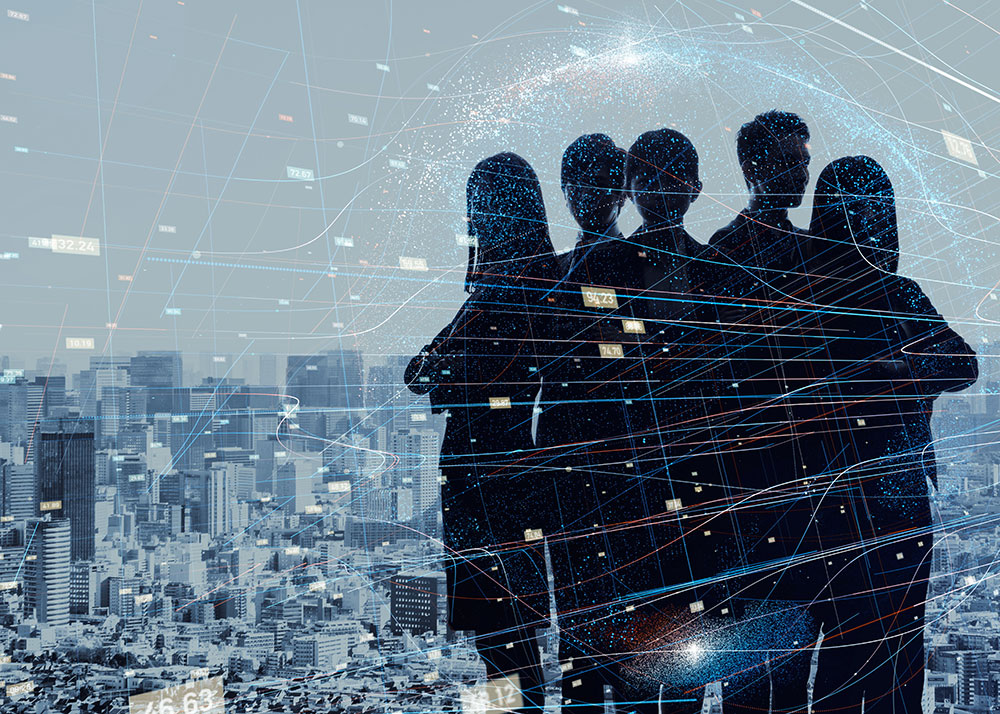Matthew Buskell, Area Vice President EMEA at Skillsoft, gives his opinion on preparing and up-skilling the workforce for technological change.
“If you have a repetitive or mundane job that’s based on sharing information then you might well be concerned about AI taking or augmenting your job role. For example, banking call centre staff will find that robotics will transform their work simply because most banking questions are clear-cut and follow a process, which is great for AI. Also, customers are really only interested in the efficiency and speed of service, so it’s a great fit for that use case.
“However, for most of us, AI will go the same way most new technology has gone over the past 40 years. It tends to enhance our abilities and help us be more productive. It will also help many of us stay in the workforce longer than we would have been able to without it. In a very simplistic way, we see this now where GPS devices are helping retiree’s stay in the workforce longer by becoming taxi drivers. I am particularly excited about AI in the ageing workforce – especially because of a recent report (aired on BBC News Sept 10) which stated over half of workers over 50 say they are discriminated against due to age. Imagine if a candidate for a job has trained with AI for over 30 years vs. a graduate who hasn’t. The value of codified experience in AI to an organisation is truly game-changing and therefore, has the potential to change how we see the ageing workforce.
“It may seem bizarre to say it now, however, there will come a time where a job interview will be for an applicant and their AI: “Hi I’m Matthew I have the following skills and my AI Bot is capable of doing the following tasks.” It sounds weird, but there are already recruiting agencies who specialise in recruitment where they are not placing people, they are placing AI Bots.
“As the job market changes the biggest challenge will be the speed at which people will have to change. This will be the biggest friction in AI. AI is a transformative technology and people will need to adopt different mindsets and skillsets – if employees are reluctant about AI implementation, this may well become an obstacle. This is why education is needed, to up-skill employees and teach them about how AI can help them, enhancing their productivity and supporting their success. AI learning programmes need to be directed and aligned with the company’s goals and projects to drive an outcome.
“Finally, for those who are afraid of AI reshaping the job market, let’s not forget that the most powerful computer on the planet is the human brain, by far. We just need to unleash the part of it that AI cannot possibly replace: our imagination.”


